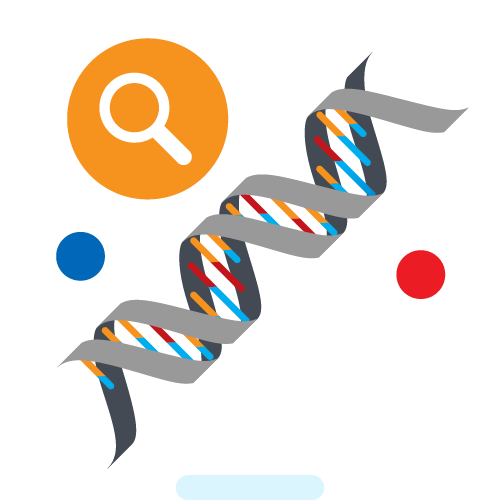Last Updated : April 24, 2025

3. Molecular and Genomic Testing
Molecular and genomic testing refers to medical tests that can detect individuals’ unique genetic and/or protein make up to inform treatment and care.
Molecular and genomic testing can be done for a variety of reasons including diagnostic testing, pre-symptomatic or predictive testing, newborn screening, and to inform treatment decisions. The testing is also increasingly being used for personalized medicine to provide cancer therapy based on a person’s individual genetic profile, leading to better clinical outcomes.
Implications
The emergence of whole genome sequencing (or more commonly, sequencing of protein-coding regions) will be disruptive and transformative to the Canadian health care landscape. Molecular and genomic testing has the potential to have a major impact on health care systems because the large amount of detailed patient data that would be collected and used to make precision medicine a routine part of health care in Canada.
This growth may be associated with an increased demand for genetic counselors and raise important considerations related to equitable access to testing, the implications of incidental findings, the cost-benefit impact of testing, and Canada’s technological and data privacy infrastructure for housing large amounts of genomic data.
Emerging examples of molecular and genomic testing include:
- Genome sequencing for children with medical complexity. The Hospital for Sick Children is working to demonstrate the utility and effectiveness of whole genome sequencing as part of standard care for children with complex conditions, to reduce diagnostic and treatment delays.
- Population level cancer screening.The Screen Project at Women’s College Hospital in Toronto is evaluating the benefits of providing BRCA1 and BRAC2 genetic testing to any person, irrespective of risk factors, and its effect on mortality rates due to cancers associated with mutations in those genes.
- Diagnosing rare diseases. Early findings from a UK-based pilot study suggest that whole genome sequencing delivered though the National Health Service as part of routine care for children and families affected by rare conditions can help improve rates of diagnoses and favourably impact clinical outcomes.
Last Updated : April 24, 2025


